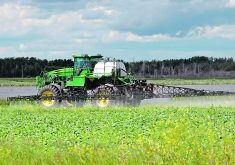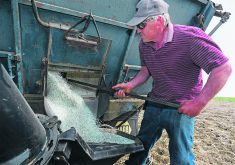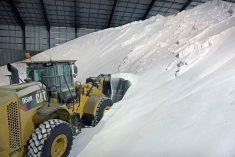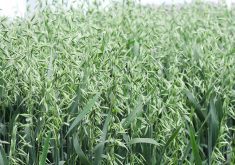The Canadian Dairy Commission is reviewing a request for a mid-year price increase of the farmgate price of milk coming on the heels of an 8.4 percent hike earlier this year. Dairy farmers cite soaring inflation as the cause.
The CDC announced the review of the request made earlier this year by the Dairy Farmers of Canada and included consultations with stakeholders over the week of June 13. A decision is expected this week.
Alberta Milk general manager Freda Molenkamp-Oudman said the province’s dairy farmers are in the same boat as everyone else in trying to grapple with inflationary pressures.
Read Also
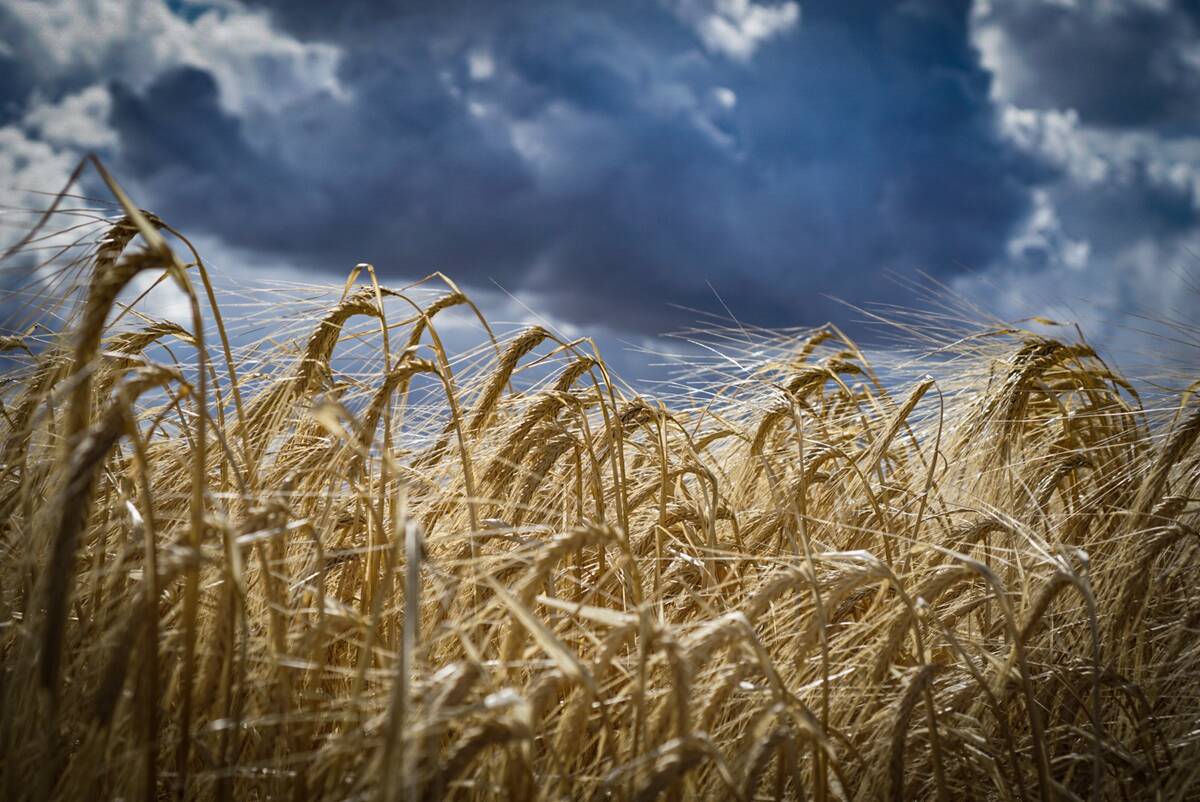
Malting barley exporters target Mexican market
Canada’s barley sector is setting its sights on the Mexican market to help mop up some of the lost demand from China
“It’s our global economy right now where it doesn’t matter what item you’re going to the grocery store to get, the price has increased,” said Molenkamp-Oudman. “To blame that on dairy producers or beef producers or chicken producers — sure, they’re all part of the supply chain but everyone is dealing with increased costs.”
The Dairy Farmers of Canada cite the increases in the last eight months in fertilizer, fuel and feed that are forecast to continue.
Molenkamp-Oudman said in Alberta, that’s meant increases of up to 50 percent for diesel, almost the same hike for fertilizer, 30 percent for feed and between 10 to 15 percent for labour.
“And everyone is seeing that across the board. That’s the reality,” she said. “Dairy is not exempt from that.”
The last price increase took effect on Feb. 1, following a decision by CDC last fall.
Molenkamp-Oudman said the consultations hosted by the CDC include the Dairy Farmers of Canada along with retailers and processors.
She said she wouldn’t speculate as to what percentage increase may be in the offing from the most recent request.
But Molenkamp-Oudman did address the consumer and political criticisms that often come in the wake of such increases in a supply-management system, again citing the across-the-board cost pressures being faced by producers and the need for the sector to respond.
“To me, this is not a supply management issue, this is an inflation issue. This is a rising costs issue. This is a global (situation) that all of us are in,” she said.
Price increases in dairy due to inflation would have occurred whether or not Canada had a supply management system in place, according to Molenkamp-Oudman, citing the rise in the retail cost of other agricultural products.
And it’s not necessarily a good situation for either producers or consumers.
“At what point are you no longer able to recoup your costs at a point consumers can afford this,” she said, noting that at some point, consumers may simply buy dairy products at a lesser frequency.
Retailers who might choose to single out dairy as a contributor to price increases may want to look at all their products, she added.
“We have to see the supply chain as a whole and appreciate the pressures that each of the players in the value chain have,” said Molenkamp-Oudman.




